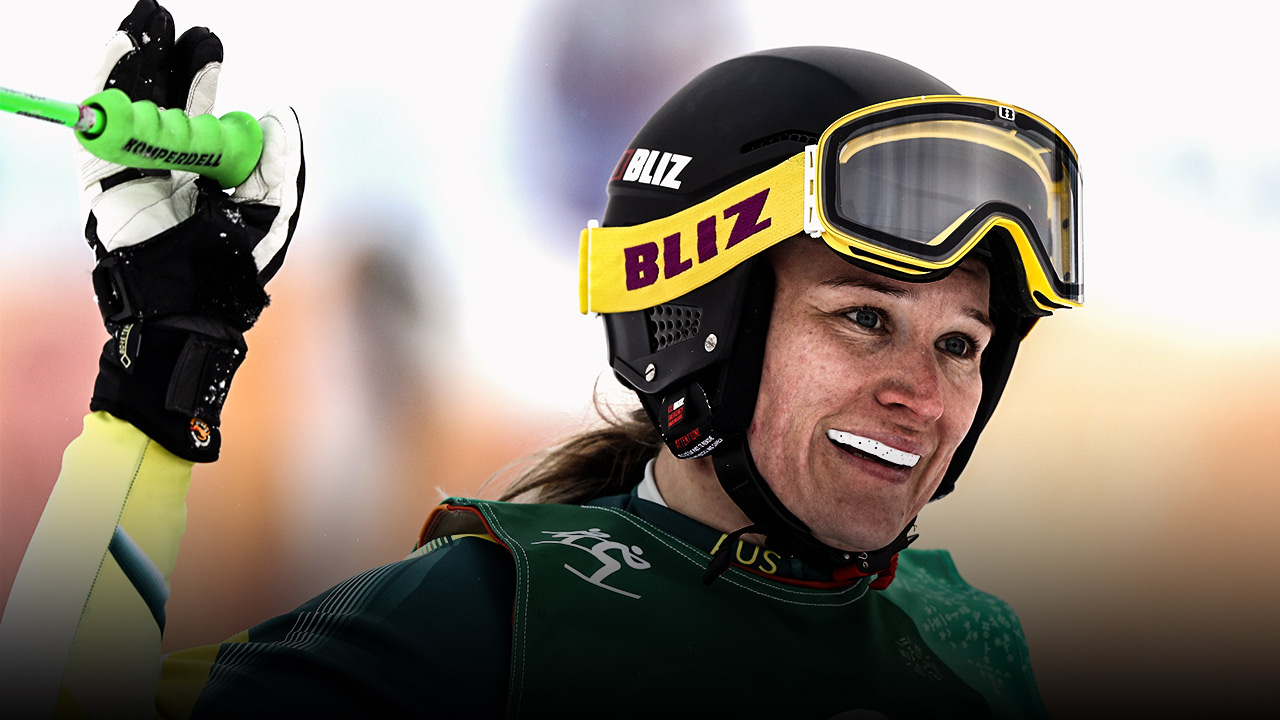the advantage of failure
We were in that space as we headed towards the Rio Olympics. The Oceania Cup, World League Final, the Champions Trophy – we’d cleaned up throughout the entire lead-in to the Games and big things were expected of us. Our squad featured some great names, including one of the greatest-ever hockey players, Jamie Dwyer.
I was very bright-eyed at that time and, no doubt, naive. When you see players in their late 30s still competing at the highest standard and you’re only 22 or 23 about to compete for a powerhouse team at the Olympics, it’s hard to feel anything other than hockey being your destiny.
There’s no skirting around it, our Rio campaign was a failure. We finished sixth, equalling the Kookaburras’ worst-ever result at the Games. It was a sad time for us all and it signalled the end of an era for that squad.
There was a fair bit of a clean-out after the Games. A completely new coaching staff came in and nearly half the Rio team was replaced. It was disappointing it happened that way.
From every difficult situation, it’s important to learn lessons. What I learnt from that Olympic experience was – just as when I suffered my eye injury – it can all end when you least expect it. I had felt invincible before the Games, yet completely vulnerable after them.
Thankfully, I kept my place in the team. But what if I’d been part of the clean-out? All my plans would have gone out the window. And then what?
When you’re only 22 or 23, about to compete for a powerhouse team at the Olympics, it’s hard to feel anything other than hockey being your destiny.
That’s when I decided to enrol in university and start preparing for life after hockey, whether that’s in one week or 10 years. I’m studying primary school teaching and really enjoying it on several levels.
The irony of studying at university is that it’s made me a better hockey player. It forces my mind to go elsewhere, to concentrate on something else. It’s healthy to not always have my mind filled by hockey. Studying at university refreshes me and challenges my mind in a different way.
We are lucky that our coaching staff understands and promotes that approach. They know we don’t get paid enough. They know we need to be prepared for when hockey ends.
We have one day off every week, but the coaches try to be flexible at other times so we can work and study. Our regular training times are 6am to 10am, which gives us the rest of the day to do other things.
Rio was a cruel blow for us all. But it changed the way we go about things in the Kookaburras set-up. And I think that’s had a positive effect.

A changing game
Our team for the World Cup is young, with a sprinkling of experience. It’s uncommon for Kookaburras teams, but we do have a number of players who’ve played in a World Cup before, which is a good asset.
There are a few Rio veterans – Eddie Ockenden, Aran Zalewski, Matthew Swann Andrew Charter, Jake Whetton, Daniel Beale and myself – the ones who were able to hold on. But it’s fair to say, the face of hockey has changed in recent years since the change to quarters instead of halves and we’ve had to move with the times.
The Australian men’s and women’s hockey teams have generally over the years been fitter, faster and stronger than our opponents. But the introduction of quarters before the Rio Olympics negated that to some degree. Now, teams that have maybe 13 really good players can use those players for 15 minutes, get a break and play for another 15 minutes, and get a bigger break.
It means you can have a solid core team without having to make many changes. Teams with fewer good players won’t have their squad depth tested to the same extent as previously.
It may have been a contributing factor to our poor outcome at the Olympics and it’s forced us to add more strings to our bow. There is still that attacking and speedy element to our game. But we’ve also learnt to be more adaptable and maybe a bit smarter in our effort to control games.
That evolution took quite some time. After somewhat of a sustained period of success, the playing group, I believe, feels a lot more settled in the way we want to go about things.
It’s just as well. World hockey these days is extremely competitive. We’re at the top at the moment, but it’s fair to say any of the top eight teams has the potential to win the World Cup.
One thing you can be sure of is, when the World Cup gets underway next week, the Kookaburras will play like there’s no tomorrow. Because you never know when that will be the case.
More about: Gold Coast 2018 | Hockey World Cup | Injuries | Kookaburras | Olympic Games | Rio 2016




 Load More
Load More